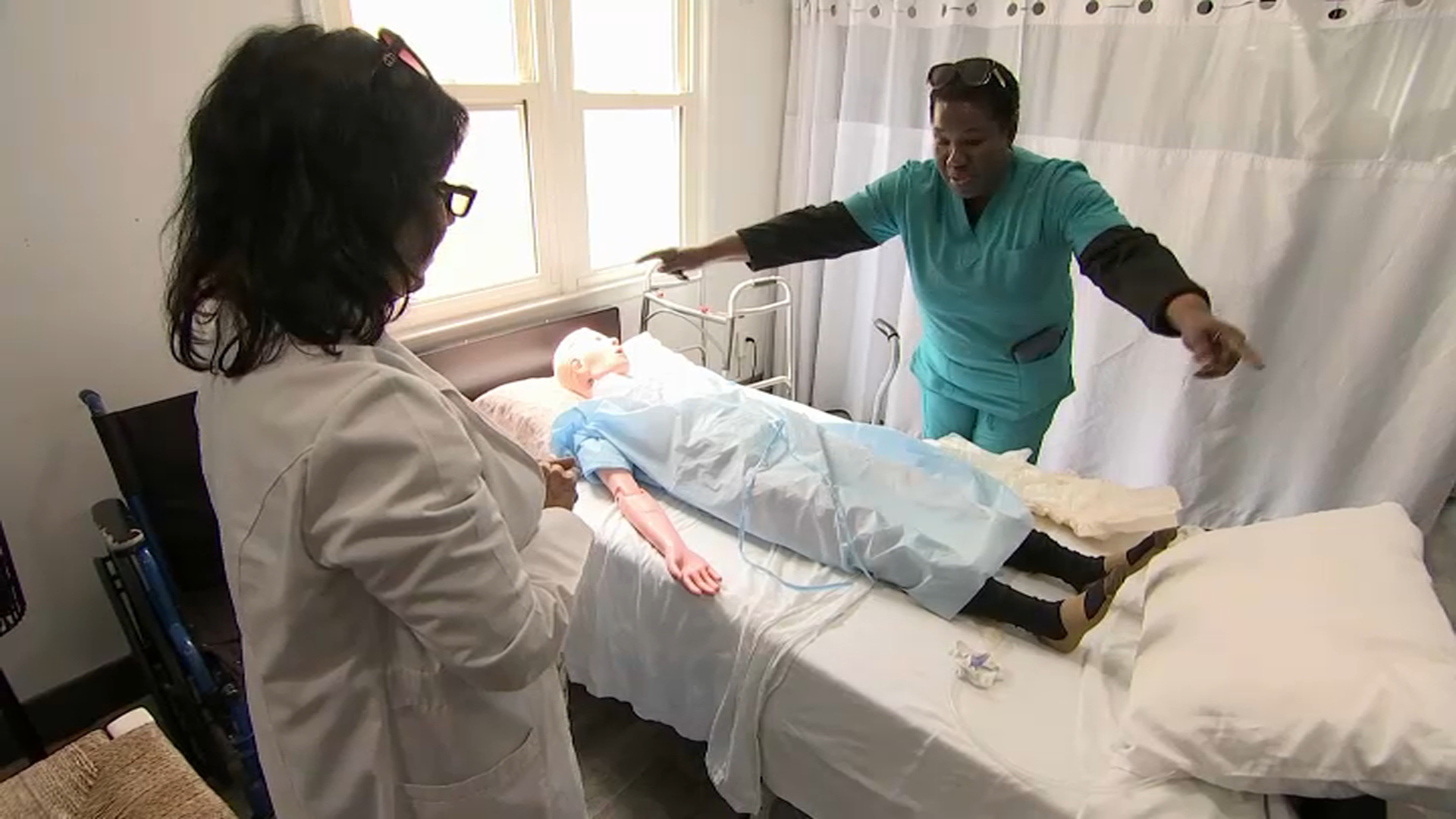New York City's public advocate is proposing tough new rules to crack down on sexual assaults in city jails, citing federal statistics that show two Rikers Island lockups have some of the nation's highest rates of reported attacks by both guards and fellow inmates.
Letitia James told The Associated Press she plans to announce Thursday that she's asked the city's jail oversight board to consider broad new rule changes that would amount to a zero-tolerance on sexual assault in the 11,000-inmate system.
New rules would require better training of investigators to verify assault complaints, restrictions on contact between older and teen inmates, background checks of jail staff for past allegations of sexual misconduct and more power to fire staffers who sexually abuse inmates.
"Every moment we wait we undermine our city's moral and legal responsibility to administer a safe and humane criminal justice system," said James, an elected official whose office serves as the city's official watchdog.
The Board of Correction, which is charged with overseeing the jails, could vote in May on whether to start the process of changing city rules to include the proposed regulations and other rule changes.
James' proposals mirror the standards detailed in the 2003 federal Prison Rape Elimination Act, which states are required to comply with in order to receive federal funding. Local lockups such as Rikers aren't required to show such compliance, a loophole that experts say might mean sexual assaults in city and county jails go underreported.
After corrections officials only reported seven total instances of alleged sexual assault of teenage inmates in 2011 and 2012, the government expert used by federal prosecutors to review conditions for adolescent Rikers inmates "expressed concern as to whether allegations of sexual assault are being consistently reported and investigated in compliance with the Prison Rape Elimination Act," according to a scathing federal report.
Local
James also noted that corrections officials didn't provide her office data on both alleged inmate-on-inmate and guard-on-inmate assaults.
The city's health department reported 107 inmate complaints of sexual assault last year, though it is not known how many of those complaints were substantiated.
A 2013 Bureau of Justice Statistics survey found 5.9 percent of Rikers inmates housed at the all-female Rose M. Singer Center said they were assaulted by staff compared to a national average of 1.8 percent for all jails. An additional 5.6 percent of inmates at a second Rikers facility alleged staff sexual misconduct, the survey shows.
Another 5 percent of women in the Rose M. Singer Center said they were victimized by another inmate, compared to a national average of 1.6 percent, the survey found.
"Given those metrics we had to act, we had to respond," James said.
City officials said they will review James' proposed rule changes but added they've already begun efforts to make sure city jails are compliant with PREA standards, such as training jail health workers on how to properly handle reports of sexual abuse.
Jails Commissioner Joseph Ponte "is deeply committed to protecting the safety of all our inmates," a jails spokeswoman said, noting correction officials are currently using a $1.2 million Department of Justice grant to make sure city jails are PREA compliant.
Brenda Smith, a professor at the Washington College of Law at American University who served on the National Prison Rape Elimination Commission, said codifying the PREA standards into city law was a practical way for officials to improve conditions.
"To the extent this is important for a city, which is doing the work it needs to do in a place that's troubled, then working on PREA is a good thing," she said.



